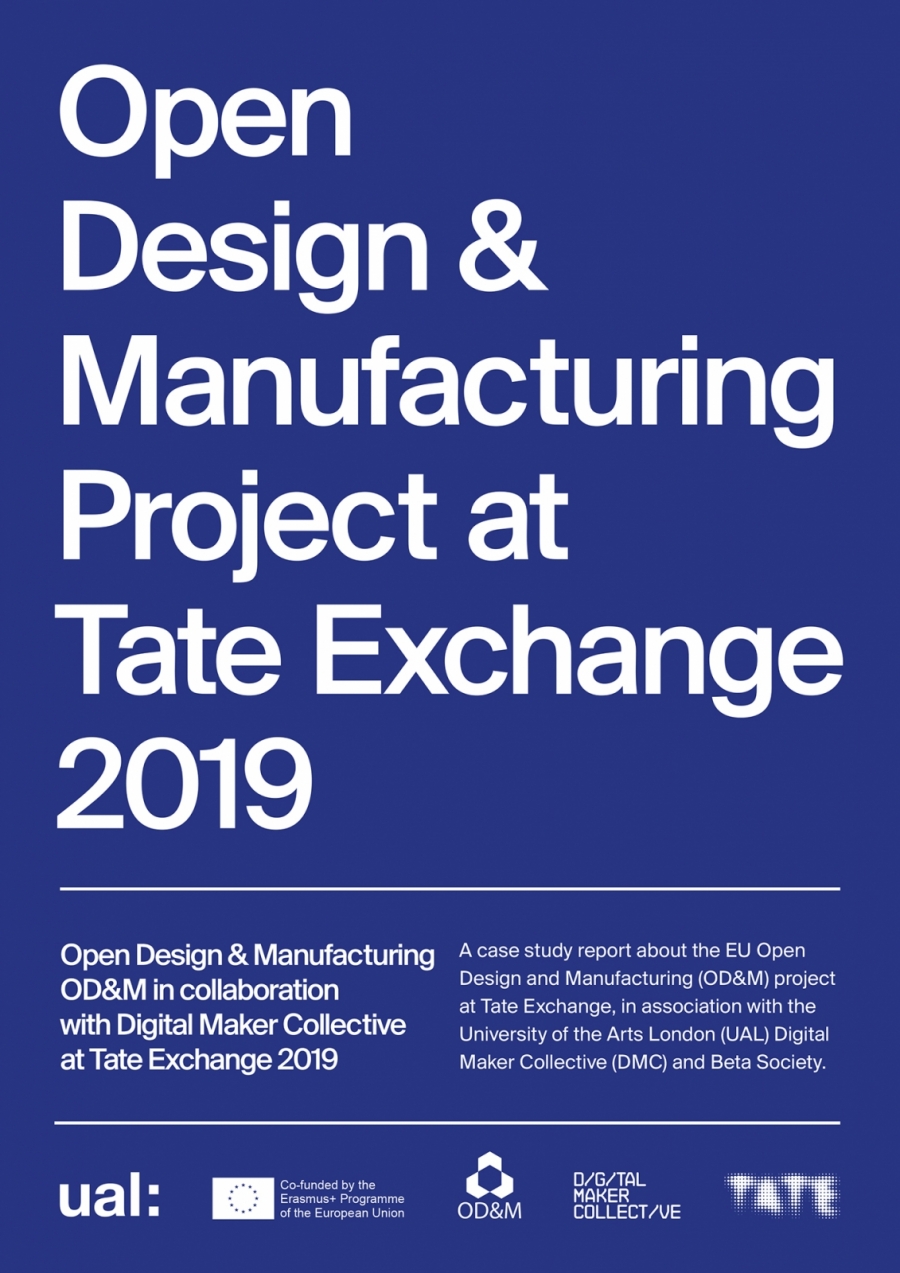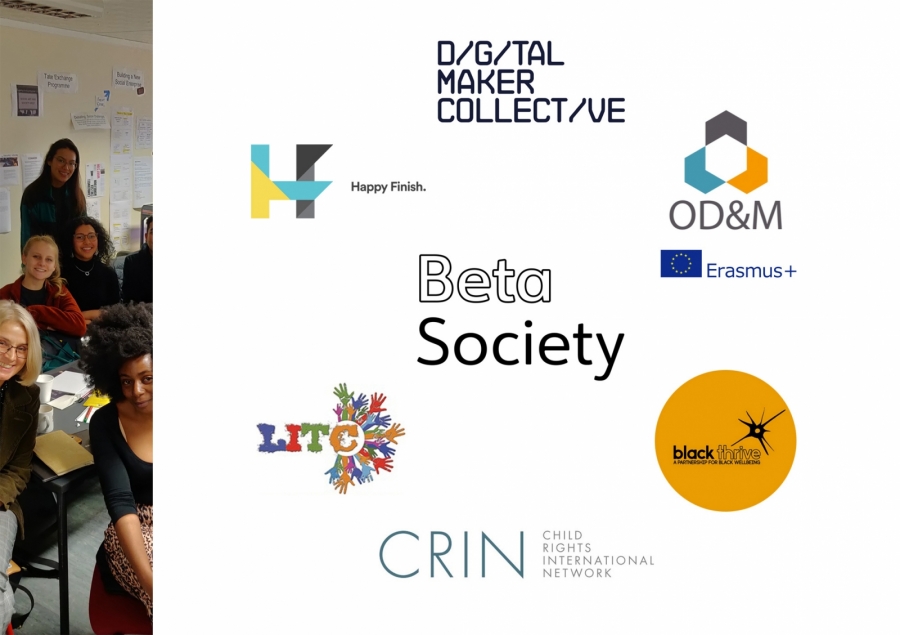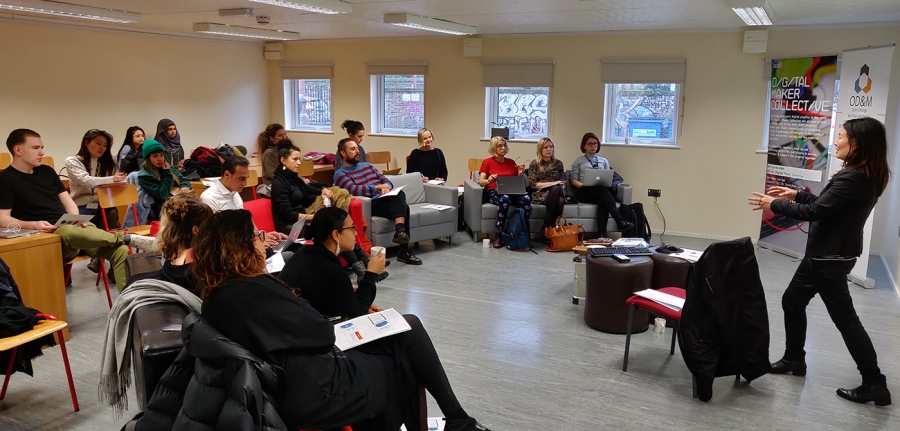Other learnings/challenges
- The expectation for individual research can be conflicted by commitment to the collective and collaborative outcome.
- Activity in pursuit of collaboration was sometimes conflicted by the necessity to provide a public-facing activity.
- Ethics and consent issues should be constantly questioned and reviewed throughout any collaboration.
Student Experience
The students benefited from working closely with partners, and from working within the context of the week’s themes and provocations. The students were able to work with an outward- looking and collaborative approach, drawing out themes and ideas that were specifically relevant to their personal research:
“Our work was less insular - maybe a couple of us overlap in our projects and maybe we would have done something but we definitely wouldn’t have all been working together.” (Tyler Gindraux, CSM MAID student)
“We went in with a certain amount of expectation... we adapted to the situation...we also got new things out of it that we would never had anticipated [like] working so closely with provocations and partners in something that was external from our projects...and working together.” (Elliot Quinn, CSM MAID student)
Beta Society Partner Impacts
The following impacts were reported by Beta Society event partners at the Tate Exchange evaluation session:
- Recontextualisation of day-to-day working practices through an interdisciplinary lens (reported by Black Thrive, CRIN and LITC)
- Bridge the gap between educational access to technology and broader participation from underprivileged communities (LITC)
- Shine a light on the existing digital bias and the lack of BME individuals employed in the tech industry/targeted as general audience through tech campaigns, products and services (LITC)
- Collaborative initiative: supportive and proactive endeavour to overcome challenges and achieve common goals of all organisations (LITC)
- Representation of diverse people who come from diverse backgrounds did sometimes feel lacking, however I feel this is something that happens in many spheres of society and it was refreshing to work with people who were aiming to do something about it. (Black Thrive)
- I think charities and organisations like Black Thrive or CRIN can work with DMC to bridge the gap between elements of fluidity in methodology that can sometimes be found creative industry and the rigidity of methodology that is often found in the charity sector (e.g. pressure to respond to funders to ensure that all work is directly connected to their objectives meant for the first two meetings, I was unable to see the connection to my work but with time and by working together, we were able to see come commonalities and ways in which our work would be adding value to each other) (Black Thrive)
- Positive shift in attitude, within their organisations, to working with artists and designers on projects (Black Thrive and CRIN).
- Engagement and interest in the Tate Exchange project from social campaigning sector (CRIN).
- Planned inclusion of creative outputs in future projects, including a project at the United Nations (CRIN).
- The Beta Society and OD&M work was closely aligned and informed wider UAL Teaching and Learning projects, including Teaching and Learning Funded ‘Socially Engaged Digital Practice in the Curriculum’ project and other conversations at course level regarding technology and social diversity.
Outputs
- CRINX MAIDstudentsattheVeniceBiennale
Following the Tate Exchange event, students from MA Industrial Design collaborated with CRIN to make a sculpture for the Human Rights pavilion at the 2019 Venice Biennale.
The event facilitated the continued collaboration, connection and interdisciplinary exchange of ideas amongst students across UAL courses and colleges: “I was following the Digital Maker Collective [on twitter] and now I interact with them a lot and they’ve been giving me references for what I’m working on.” (Tyler Gindraux, CSM MAID)
Event podcasts and video documentation from the Beta Society http://betasociety.org/podcasts.html
The OD&M project legacy will continue to inform the future development of Beta Society
Between September 2018 and March 2019 the Digital Maker Collective (DMC), met with the various ‘Beta Society’ partners to help develop and plan the Tate Exchange event. http://betasociety.org/info.html
OD&M related workshops pre-Tate Exchange
The following workshops were hosted at the Camberwell Playground in the run up to the Tate Exchange event, directed towards participants of the Tate Exchange or the wider cohort of the DMC or MA Industrial Design students:
- Re-Designing Products for a Circular Economy. OD&M workshop held at Camberwell Playground, by Nat Hunter, co-founder of The Great Recovery. Participants of this workshop deconstructed discarded products to their component parts and materials in order to identify the materials used, supply chains and waste/recycling process. Participants were encouraged to redesign the products for a circular economy; redesigning for fix and repair, for service design, for reuse in manufacture and for material recovery.
- Introduction to Green Lab. OD&M workshop held at Green Lab, Ande Gregson, founder Green Lab. This talk contextualised Green Lab within Industry 4.0 - the fourth industrial revolution, defined as a new level of organisation and control over the entire value chain life cycle of products. (Saurabh Vaidya et al, 2018). Green Lab is an open innovation lab for individuals and organisations to design sustainable solutions to complex urban food, water and waste challenges.
- Equal Opportunity, Social Mobility, Diversity, Social Engagement and Youth Work. Beta Society workshop held at Camberwell Playground by Natalie Bell, SE1 community activist. This workshop provided an introduction to social engagement and youth work, exploring ideas, methods and approaches for supporting co-production and positive community engagement.
![]() OD&M x Tate 19_REPORT.pdf (1002.05 KB)
OD&M x Tate 19_REPORT.pdf (1002.05 KB)










